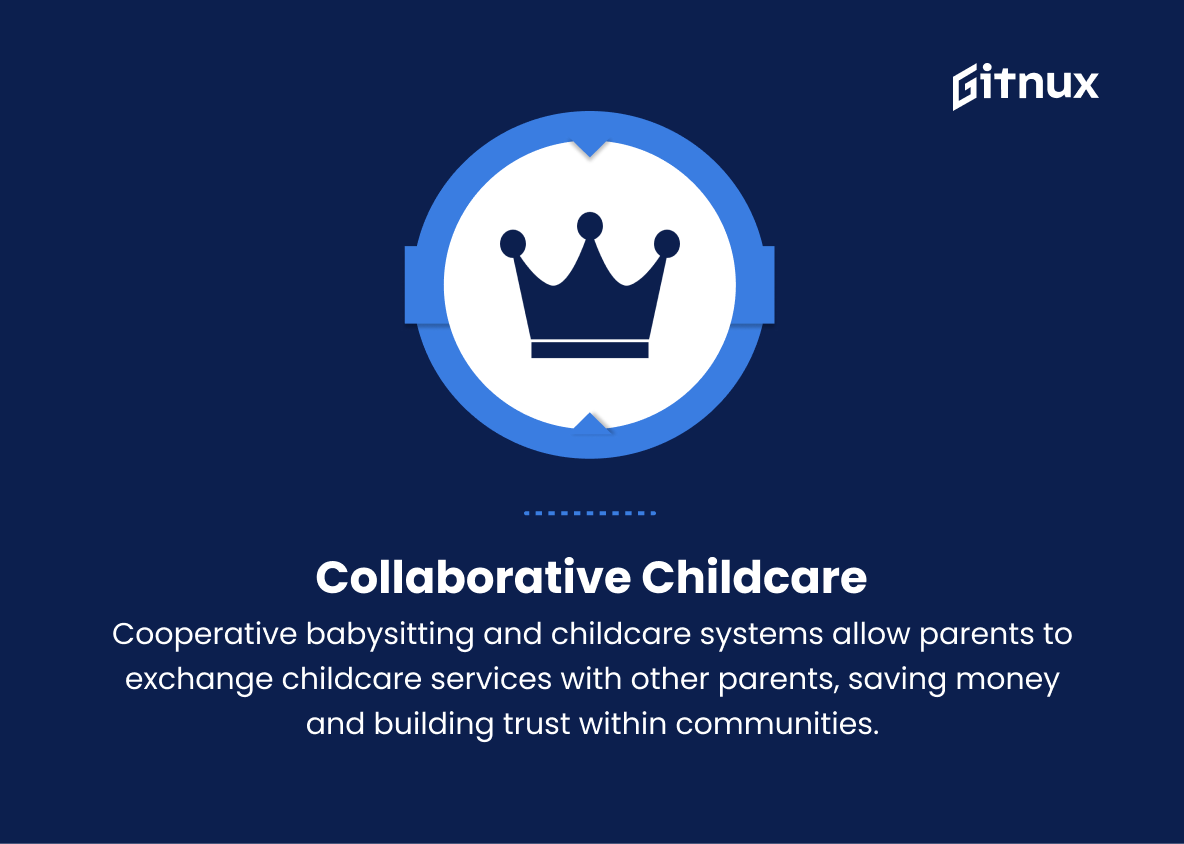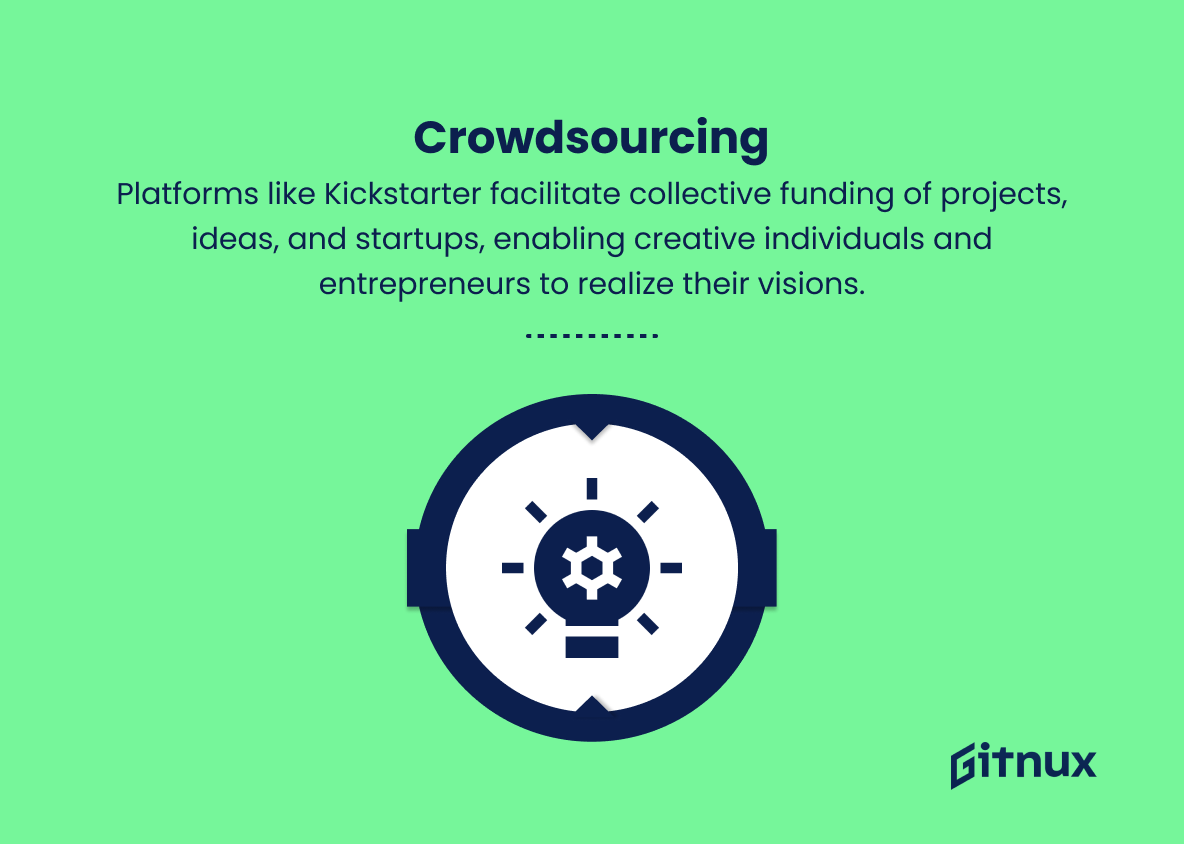In today’s rapidly evolving economic landscape, the concept of the shared economy has emerged as a transformative force, redefining the way we do business and reshaping our lives. As the world embraces a more collaborative mindset, it’s essential to stay informed and adapt to the ever-changing dynamics of shared economy trends.
In this blog post, we will delve into the captivating realm of collaborative consumption, explore the latest trends shaping the shared economy, and examine the potential implications for individuals, businesses, and society as a whole. Join us as we unravel the intricacies of this groundbreaking economic revolution and discover the endless possibilities it holds for fostering growth, sustainability, and innovation.
Top Shared Economy Trends
1. Ridesharing
Services like Uber and Lyft allow car owners to offer rides to people who need transportation, promoting a cost-effective and sustainable way of traveling.
2. Coworking spaces
These flexible office spaces provide remote workers, freelancers, and entrepreneurs with affordable workspaces, fostering collaboration and innovation.
3. Peer-to-peer lending
Also known as crowdfunding, this trend allows individuals to obtain loans from multiple investors, bypassing traditional financial intermediaries like banks.
4. Home-sharing
Platforms like Airbnb allow homeowners and renters to rent out rooms or entire homes to travelers or short-term renters, providing affordable accommodation.
5. Skill-sharing
Web platforms like Skillshare and MasterClass allow professionals to share their expertise and teach others, democratizing access to education and encouraging lifelong learning.
6. Community gardens
Neighbors and community members collaborate to grow food and share the bounty, promoting sustainability and social ties.
7. Car-sharing
Services like Zipcar or Turo offer car rentals on an hourly or daily basis, providing an affordable alternative to car ownership.
8. Tool and equipment-sharing
Services like Peerby allow users to rent tools, sports equipment, and other items they don’t need to own year-round, promoting sustainability and cost savings.
9. Clothing and accessories swapping
Platforms like Depop make it easy for people to swap or sell gently used clothes and accessories, allowing users to refresh their wardrobes and reduce waste.
10. Meal-sharing
Websites like EatWith connect local chefs or passionate home cooks with diners seeking a unique, home-cooked meal, creating social connections and culinary experiences.
11. Bike-sharing
Publicly accessible bikes can be rented for a short period, providing an eco-friendly and healthy mode of transportation in urban areas.
12. Time banking
This trend involves trading services or skills within a local community, with the exchange of time units as currency.
13. Collaborative childcare
Cooperative babysitting and childcare systems allow parents to exchange childcare services with other parents, saving money and building trust within communities.
14. Crowdsourcing
Platforms like Kickstarter facilitate collective funding of projects, ideas, and startups, enabling creative individuals and entrepreneurs to realize their visions.
15. Peer-to-peer renewable energy
As the use of renewable energy sources becomes more widespread, consumers may become energy producers, selling excess power to others on a decentralized energy grid.
Implications
Ridesharing, coworking spaces, and various sharing economy trends are revolutionizing the way we live, work, and interact with one another. These trends offer more sustainable, cost-effective, and socially engaging alternatives to traditional models of transportation, accommodation, and resource use. People can collaborate and mutually benefit from shared services like ridesharing, home-sharing, bike-sharing, and coworking spaces, while reducing costs, promoting environmental sustainability, and building social connections.
The trend of peer-to-peer lending is empowering individuals to bypass traditional financial institutions while fostering innovation and democratizing access to capital. Skill-sharing platforms facilitate lifelong learning and increase access to education, while community gardens strengthen neighborhoods and promote sustainable food production. Additionally, trends like tool and equipment-sharing, clothing swapping, and meal-sharing facilitate more responsible use of resources and waste reduction.
Time banking and collaborative childcare are fostering strong relationships within communities, as well as creating alternative means of exchanging goods and services. Finally, the growing popularity of crowdsourcing and decentralization of renewable energy production enables creative individuals and communities to take control of their financial and environmental futures. Collectively, the shared economy has major implications for creating more connected, sustainable, and empowered societies, reshaping the way we envision and engage with the concept of ownership and access.
Conclusion
In conclusion, the shared economy trends signify a transformative shift in the way society operates, interacts, and perceives ownership. As more people embrace collaborative consumption, businesses and individuals reap countless benefits, including cost savings, boosted efficiency, environmental preservation, and stronger community bonds.
While challenges may arise along the way, it’s clear that the sharing economy is not only here to stay, but will continue to grow and redefine the landscape of both traditional industries and emerging markets. By staying informed and adapting to these trends, we can all contribute to creating a more sustainable, socially responsible, and interconnected global community.















